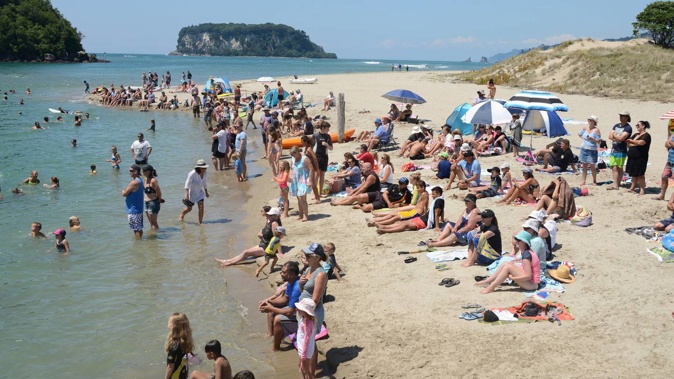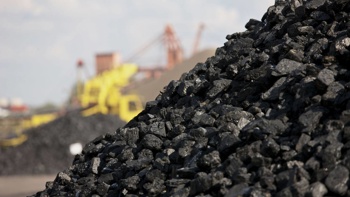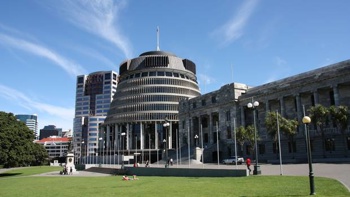
Coastal waters around Aotearoa New Zealand became unusually warm last month, say Niwa.
November 2022 sea surface temperatures (SSTs) have been between 1.1C to 1.8C warmer than average, depending on the region. The north and west of both islands are observing their warmest November SSTs on record (since at least 1981).
Niwa meteorologist Ben Noll says that marine heatwave conditions could continue into the new year.
“2021 and 2017 saw two of NZ’s most significant marine heatwaves, and we’re tracking warmer than at the same point in those years. Although we are expecting a cooler start to December, there’s an indication that temperatures may become more unusually warm again during the second half of December into January. With NZ experiencing record-breaking marine heatwaves in recent years, we’ll be monitoring to see how this summer stacks up against previous events,” says Noll.
Marine heatwaves are classed as periods of unusually high SSTs (above the 90th percentile) for more than five days. In parts of the eastern Tasman Sea near the west coast of both islands, a marine heatwave has been ongoing for more than six months. Localised marine heatwave events have been occurring in coastal waters near Northland, Auckland, the Bay of Plenty and Fiordland for several months.
Niwa principal scientist of marine ecology Dr Vonda Cummings says that marine heatwaves can have big impacts on the ecosystem.
“Marine heatwaves can have concerning effects, with heat stress pushing marine organisms towards or beyond their thermal tolerance limits. These events can upset the balance of marine food webs and disrupt ecosystems.”
Earlier this year, Niwa released research showing that marine heatwaves are to get longer and hotter through the rest of the century. This will be strongly influenced by human-made climate change, so drastically reducing our emissions is key to slowing the rate of warming. Adapting to the warming that has already occurred will also be important for industry.
The average temperature of the ocean is now 1.5°C higher than it was 100 years ago, and in the past 30 years, the frequency of marine heatwave events has doubled.
“Given the high-impact nature of recent summer marine heatwaves, the marine sector should monitor this situation closely,” said Mr Noll.
Take your Radio, Podcasts and Music with you









